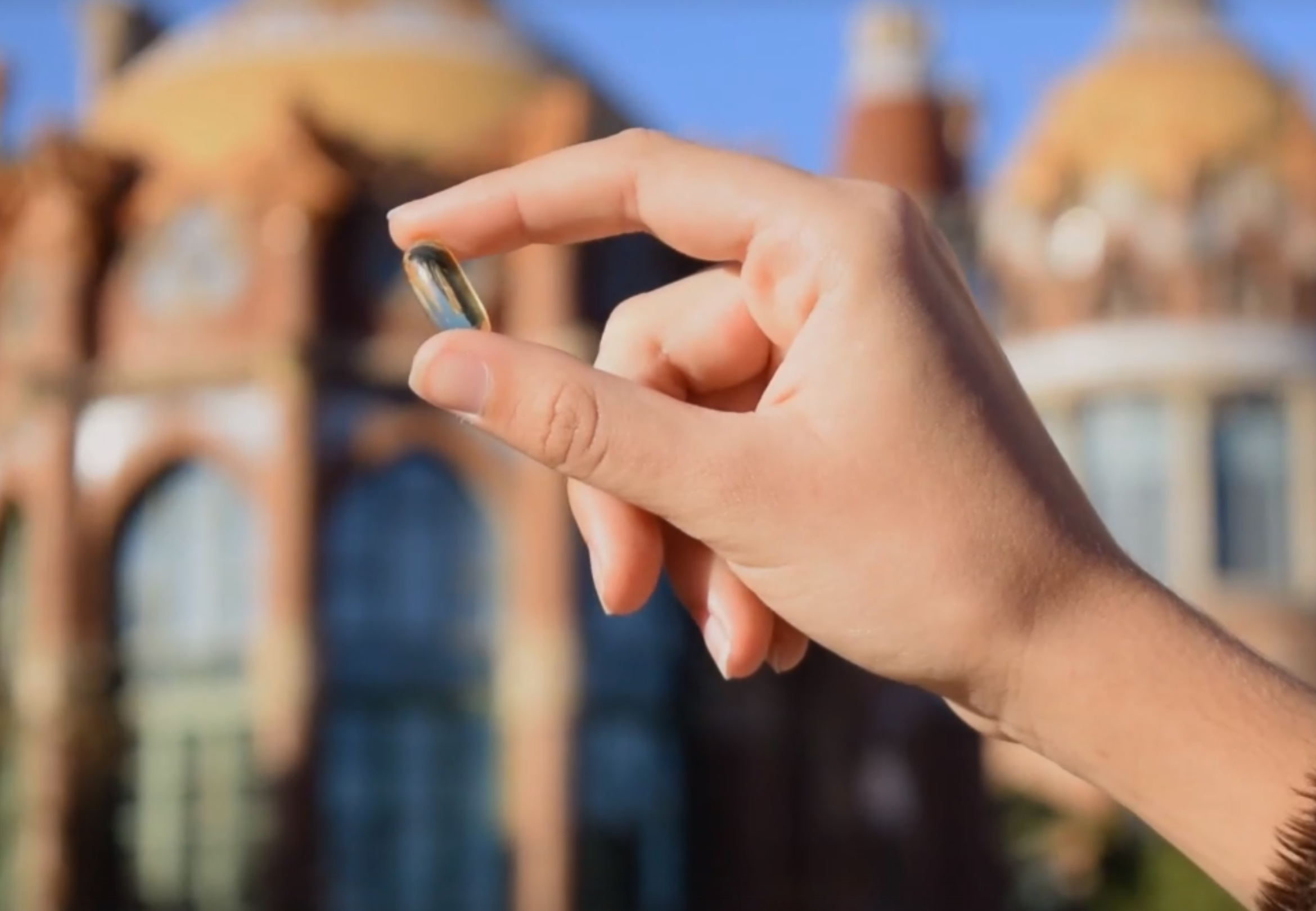Of all the micronutrients we need to live, vitamin D has a peculiarity that makes it unique. In addition to acquiring it from food, our body is able to obtain it when we sunbathe outdoors. The synthesis process occurs when ultraviolet B (UVB) rays come into contact with our skin.
Its role in the body is key because it increases intestinal absorption of calcium and phosphorus, two minerals essential for bone and tooth development and maintenance. Therefore, a shortage of these minerals can lead to a decrease in bone mineralization and the resulting problems.
When are you deficient in this nutrient?
Vitamin D values in blood are measured in ng/ml (in other words, nanograms of the vitamin per milliliter of blood). The reference values for a blood test range from 25 to 100 ng/ml of vitamin D, so a value below 25 is considered a vitamin D deficiency. The European Food Safety Authority (EFSA) recommends a daily intake of 12 µg Vitamin D for the general population.
Did you know that …
More than 50% of the Spanish population suffers from vitamin D deficiency, but this percentage is even higher among pregnant women (62%) and among the elderly (80%). In the rest of the world, the figures are similar, and this is due to the fact that our daily lives are largely spent indoors in front of computer screens and televisions.
How to increase Vitamin D levels
-
Sunbathing. A simple recommendation would be to expose your arms and legs, free of sunscreen and without glass (glass filters out UV radiation), for a maximum of 20 minutes per day during the summer. From autumn onwards, put your face and arms out of the window for about ten minutes. If you work from home and have a garden, it is advisable to sunbathe between 10 and 11am. WARNING: Tanning booths do NOT produce vitamin D in the body, as they do not produce UVB radiation. They do, however, emit higher and much more concentrated ultraviolet A (UVA) radiation than the sun. This means that the use of tanning booths presents harmful risks to the skin, such as allergic reactions and the development of spots, wrinkles, and skin cancers.
-
By eating foods rich in vitamin D. Although 80-90% of the intake is achieved by the action of ultraviolet rays on the skin, we can obtain up to 20% of this reference value through food intake. Here are some examples:
- Oily fish such as sardines, tuna, salmon, or mackerel.
- Nuts: walnuts, almonds, and sunflower seeds.
- Legumes, vegetables, and whole grains from which minerals such as magnesium and zinc are obtained.
- Include kefir, yogurt, black garlic, and millet in your diet.
- A lot of vitamin D accumulates in the liver. A tip for getting rid of it: eat spinach, broccoli, and celery.
- Vitamin D is also present in eggs, especially in the yolk. Since 2019, techniques are being studied to add this nutrient to eggs by exposing them to UV radiation. It's OK to eat an egg a day. Your cholesterol level will not get worse as a result.
- By taking food supplements. Formulas containing vitamin D3 as the main ingredient come in the form of softgels, dissolved in oil as it is a fat-soluble vitamin. The dose is usually expressed in IU (International Units). 1 IU of vitamin D is equivalent to 0.025 μg of cholecalciferol.
Attention vegans!
Few people are aware that many foods enrich their nutritional value using vitamin D, including cereals, are of animal origin.
What happens if there is an excess of vitamin D in the body?
This can lead to health problems. Too much vitamin D causes more calcium to build up in the blood. This results in loss of appetite, nausea, vomiting, headaches, asthenia, kidney problems, and muscle and bone pain. You should not take vitamin D if you already have a high blood calcium level or if you have a history of kidney stones. We always recommend that you discuss this with your GP.
Our Zenement products with vitamin D
Vitamin D3 4000 UI Zenement. Strengthens the immune system and supports calcium and phosphorus absorption in the intestines. This keeps bones strong. This product contains 4000 IU of vitamin D3 per capsule. So when you take it at the times when you need it most, you will quickly restore the ideal level of vitamin D in your body.
Vitamina D3 2000 IU + K2 150 Zenement. Vitamin D supports bone, muscle and immune system health, while vitamin K2 is essential for calcium metabolism, acting synergistically with Vitamin D. K2 is in the form of Menaquinone-7 (MK-7), which is more bioavailable and bioactive than other forms.
Calcium Citrate with Vitamin D3 Zenement. Helps prevent low blood calcium levels in people who have a diet low in calcium. It is a mineral that plays a major role in the body, enabling the nerves, cells, muscles, and bones to function optimally. If there is not enough calcium in the blood, the body will take calcium from the bones and weaken them. This supplement has an added vitamin D, which is intended to promote calcium absorption.
Zenement Magnesium. Magnesium helps activate vitamin D, which is responsible for helping to regulate calcium and phosphate homeostasis. This factor consequently contributes to increased bone density.


